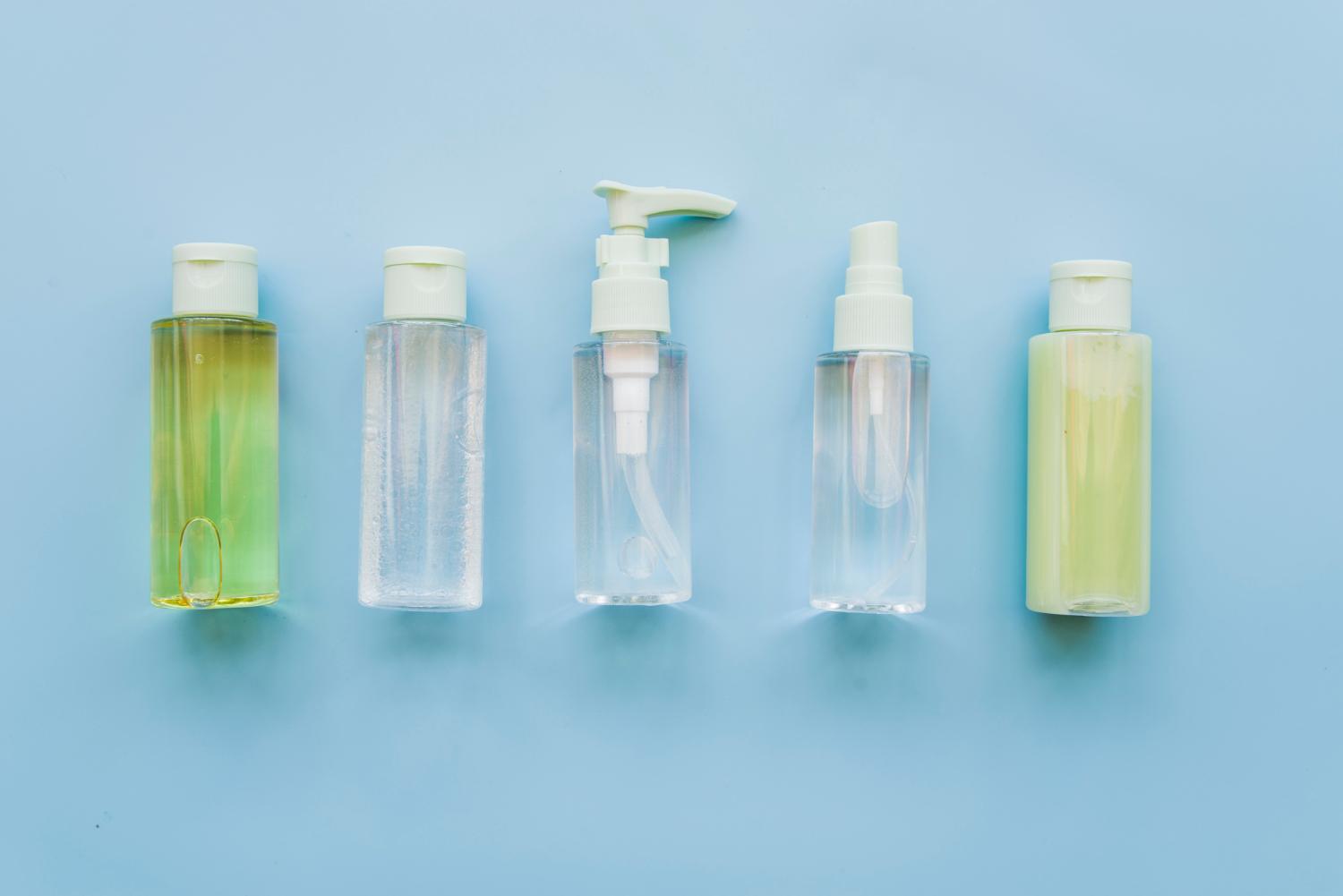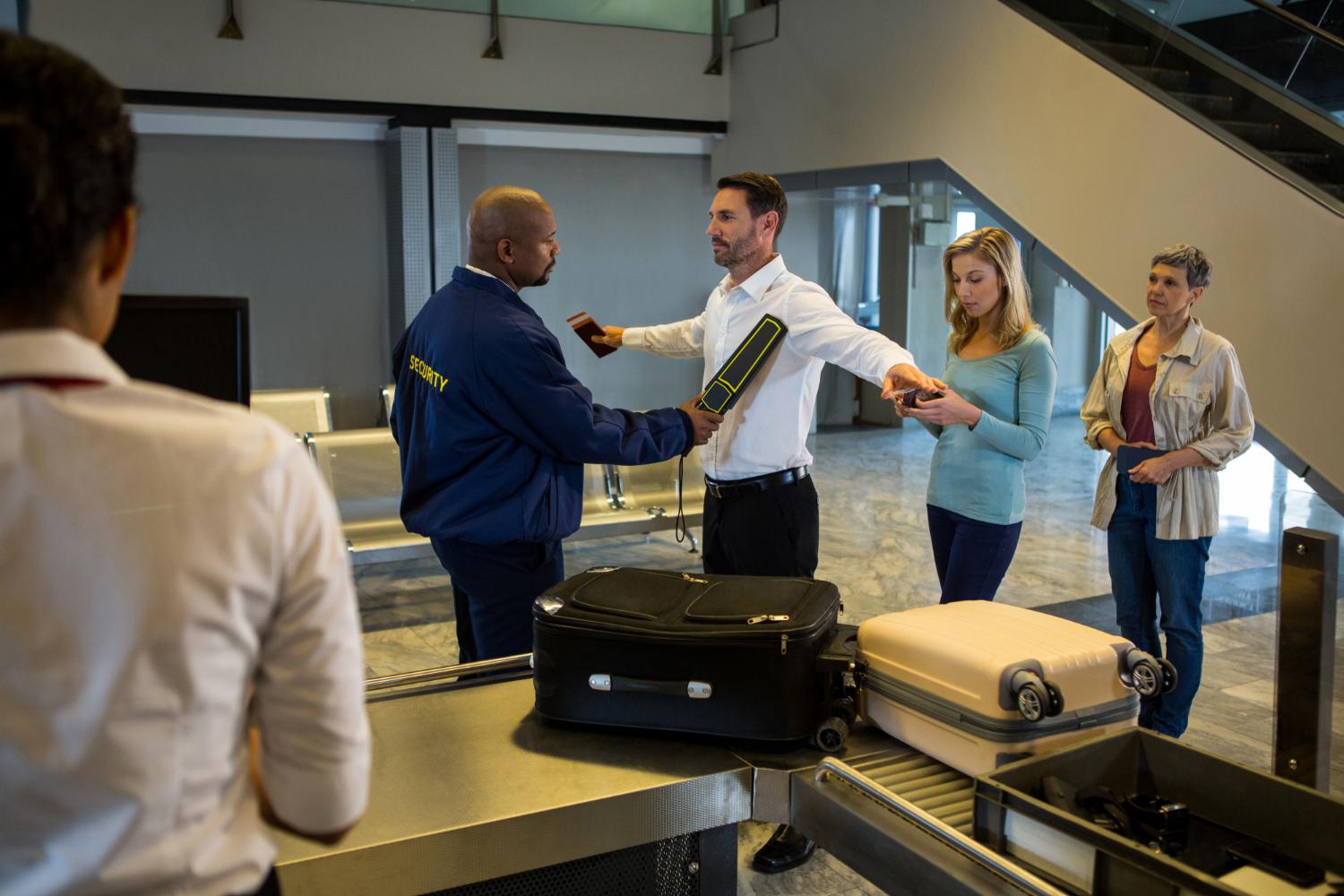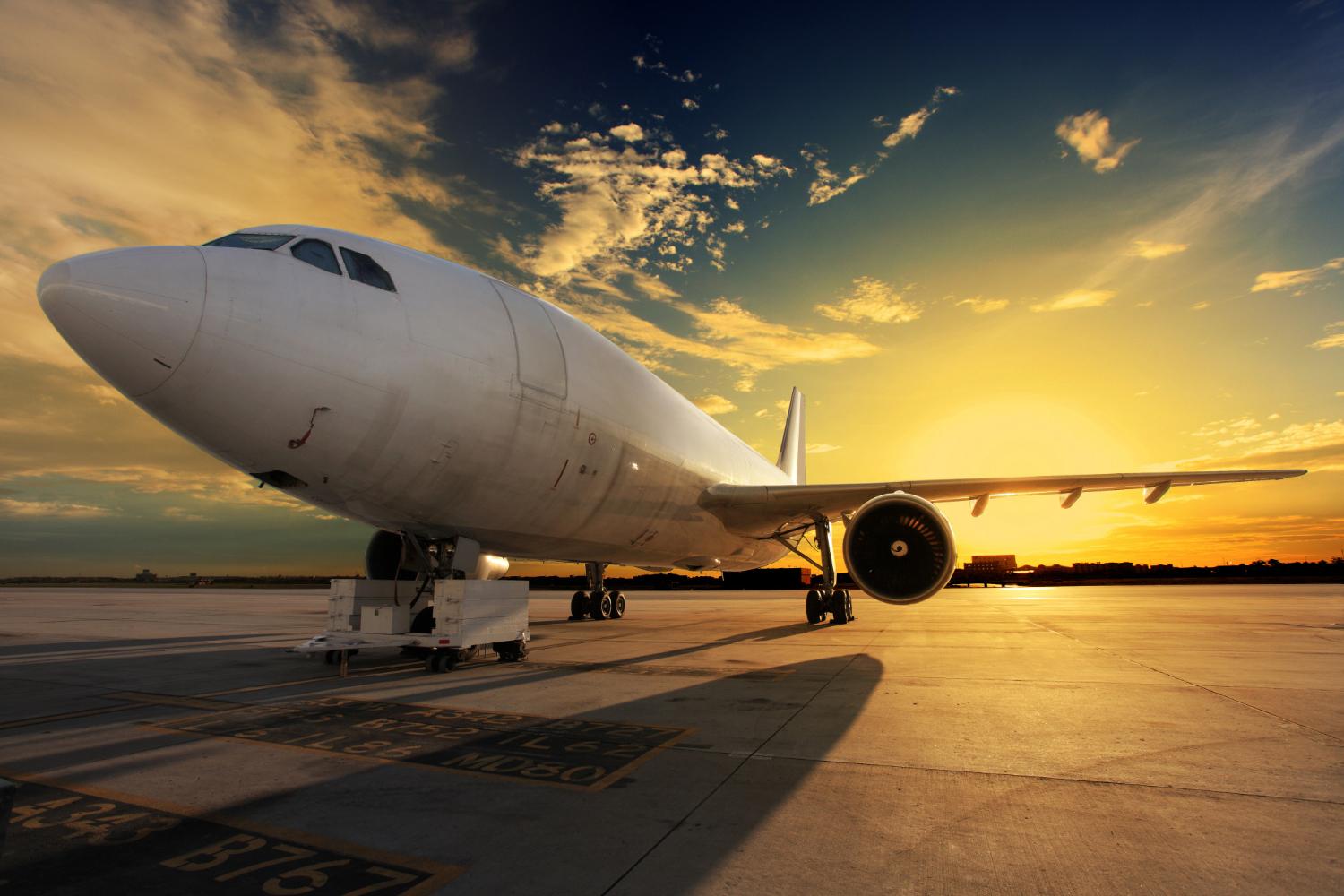Are you planning on a holiday and have been advised that you can only carry 100ml bottles in your hand luggage? This is something that has confused travellers from around the world for a few years. This may seem silly when you first look at it, but it actually comes from serious safety concerns. The smaller bottles, while ideal for short trips, are challenging when you are going on a long international holiday. It forces you to rethink how you pack your hygiene and skin care products. The problem is showcased when you intend spending a few weeks away from home, needing larger quantity of certain items, such as shampoo, conditioner, moisturisers, and more. While you can travel with larger quantities, you cannot carry them in your hand luggage, forcing you to consider smaller bottles for items you want to carry on board with you.
This ruling was adopted by all airlines after 911, a serious security threat in 2006. Airlines changed their safety protocols with the introduction of 100ml bottles to reduce the risk of terrorist attacks. The terrorists used liquid explosives that they had hidden in larger bottles, causing serious devastation. This terrorist attack saw the terrorists taking advantage of the lack of security measures, enabling them to carry liquid explosives in 500ml soda bottles. As a result, airlines adopted the smaller 100ml bottles to provide you with safe air travel. Yes it is inconvenient when you need to carry important personal care products in small bottles in your hand luggage, but it's a small sacrifice to pay when it comes to safety. This rule is a serious reminder of the threats to the aviation industry and to you and your family.

The 100ml bottle restriction is well-known by those that fly on a regular basis. Some people learn about the ruling from friends and family that have recently flown, or by conducting research on their chosen airline before boarding. This information is widely acknowledged as part of today's air travel regulations, though many people don't fully understand the reasoning behind it. Most travellers simply adapt to the rules, such as placing any liquids in 100ml bottles and then placing them in a transparent bag, making it easier for security to inspect the items as you get ready to board your flight. The airports play a pivotal role in the process, some even offering you complimentary transparent bags, making it easier for them to screen the items. At the same time, some flyers find it inconvenient, especially when it comes to carrying food items and drinks through security checks. It's not uncommon for security to force travellers to throw any bottles in the waste bins provided before you can go through security.

Certain airports, including London City Airport and Teeside Airports, have relaxed the 100ml bottle ruling. Today these airports have introduced CT scanners, enabling security to screen liquids without restricting volumes. The scanners are helping to streamline the overall security process when boarding, while ensuring you have a good overall experience, while meeting your safety needs. This could be a major breakthrough, as it could eliminate the need to unpack liquids and electronics when going through security, speeding up the entire process. It is important to note, while this is a very positive step in the right direction, it will also take some time to implement in airports globally. It is going to take time, money, and ongoing focus on security. The airline industry is still trying to recover from the global pandemic, that complicated their efforts. As a result, any changes to these regulations are being approached with consideration, focusing on operation and safety.
The aviation industry continues to wrestle with efficiency and safety, this includes the 100ml bottle rule. With technology constantly advancing, it offers new security measures that could accommodate your needs, along with the safety of all passengers. Right now, it's important to bear in mind that when flying, you can only use the smaller bottles in your hand luggage, keeping larger bottles in your checked luggage. This ensures that safety measures are met and that your personal care items do not find their way into the bins provided.

If you want the latest information on the best Hotel Executive Club Lounges, Hotel Kids Clubs and other travel information, be sure to sign up for our free newsletter full of tips and great travel ideas.